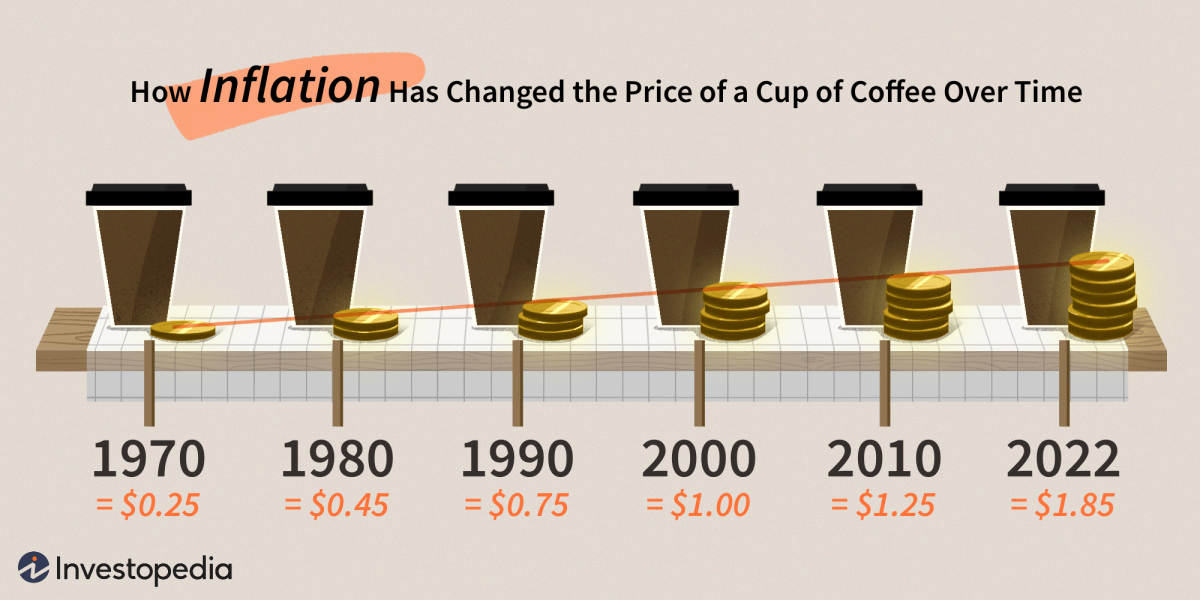Europe's 2012 troubles will certainly be deeper
As Europe celebrates the 10th anniversary of the euro, many are holding their breath about the future of the continent as a viable economic entity in 2012.
Today hardly a week passes, without a doom and gloomy scenario being painted about the currency that is today associated with economic failure and deep stagnation.
As it reels under sovereign debt, Europe's economic future is not only uncertain but many fear it would lead to financial collapse as the so-called southern countries of the continent from Greece, Italy, Spain, Portugal and Ireland struggle to pay their raising public debt.
Today, these countries are not only facing bankruptcy, but they are strengthening the bureaucratic hand of the European Commission every time they ask for a possible bail out from any of the countries in trouble.
But this is not the whole issue. As the financial crisis of these countries worsen, it is feared that the strong economies like Germany and France, as well as Britain which has been trying to steer away from Europe will be sucked in an economic quagmire that is certain to be catastrophic.
A financial crisis in Europe will definitely affect the global economy and have direct impact on the United States which has already recessionary problems of its own.
The bone of contention also lies in the fact that all of the European countries are facing a real dilemma about how to solve the crisis that has accumulated over the years by too much lending, too much expenditure and not enough savings, production and growth.
Leaving beyond one's means may be one way of describing it. Feeling that money supply and liquidity were in great abundance, the banks embarked on credit lending policies over the passed years that allowed individuals, institutions and states to live beyond their means and advocating the open market.
A culture of expenditure and consumerism increased as a result of too much credit in the layers of the market. The mechanisms of higher purchase and credit cards become the order of the day. The new motto became 'spend now and pay latter' and this applied across the board from consumer durables and clothing to housing and house purchase. Hence the world economic recession of 2008 when many international banks went under and had to be rescued by their governments like in the United States and Britain. Governments for the first time were eating their own words.
Meanwhile the rise of Asia had started in the 1980s and increased in 1990s through the rise of such powers as China, India, Japan, South Korea, Malaysia and so on. Today for instance China has become the number two economy in the world.
The old international system of division of labor where production in such Third World countries was controlled by western multi-national companies started to be greatly dampened. Slowly multi-national companies from these countries like China and India started to grow and export to western markets at the fraction of the price.
Today while western governments and western central banks tinker with their economies through monetary mechanisms, and money supplies and attempt at introducing new bonds and stocks to bolster their standing, there is little investor confidence in the different economies in Europe as they struggle with their economies and financial markets.
While there may be much media hype about the euro crisis, and the inevitability of a euro currency collapse as states like Greece may well revert to their own currency in 2012, the situation for the world economy—basically Europe and the United States—could be critical, if real action is not taken by different governments on the grounds.
It is argued classical solutions of tightening belts like cutting public expenditure and increasing interest rates is no longer suitable because that would only lead to job losses and further slumps, recessions and greater hardships.
What needs to be done in this period is to continue to have policies that would increase growth rates while striking at economic waste, and curbing high salaries especially for top executives and introducing greater innovation.
Aside from this, today's economic problems may well also lie in the underlaying traditional struggle between economic policies and ideologies. These are no longer linked to the old east/west equation or between western capitalism and communism but to a much more diversified world where different economic policies are intermeshed between lesseiz-faire, free enterprise, and market forces philosophy to regulation and interventionism.
The contradictions are accentuated by the fact that decision-makers are unwilling to be innovative in offering solutions where economic policy is hijacked and straight-jacketed to outdated rules and methods.








